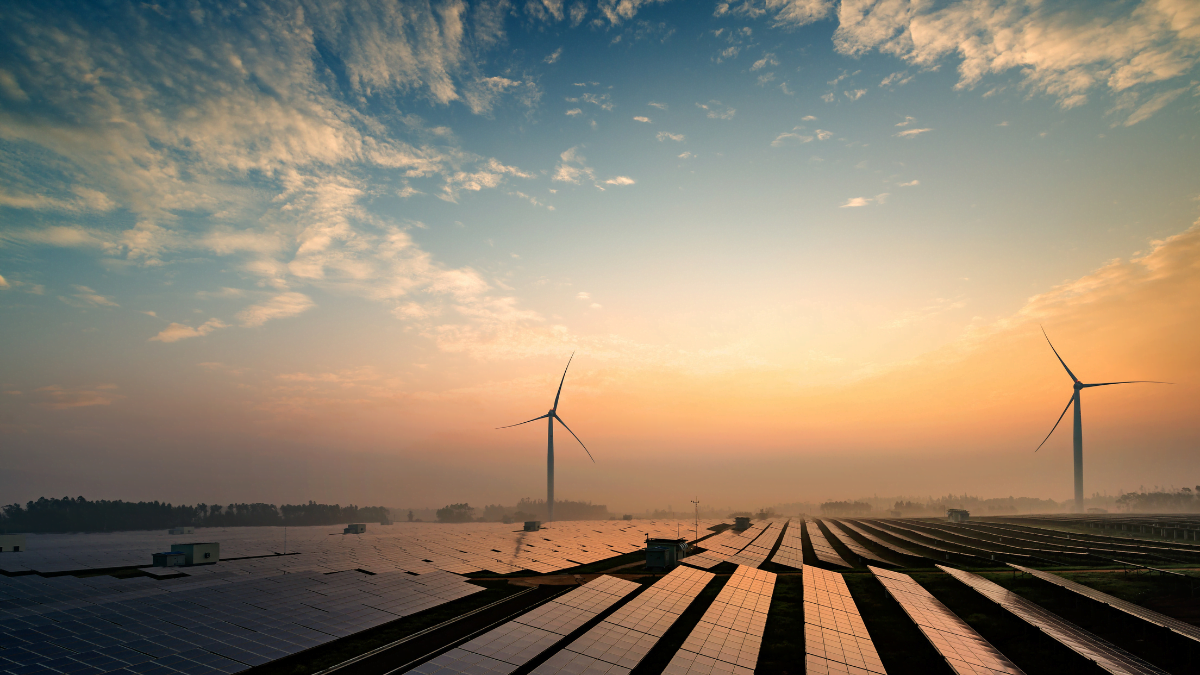The Government of the Arab Republic of Egypt (GoE) announced its updated Nationally Determined Contribution (NDC), a step that reflects the country’s commitment to accelerating the transition towards a low-carbon development pathway by increasing the development and deployment of renewable energy to reach the target of 42% installed capacity by 2030 instead of 2035.


Dr Rania Al-Mashat, Egypt’s Minister of International Cooperation, stated that this important milestone comes in line with the Political Declaration that was announced during COP 27 between Egypt, Germany, and the United States of America, whereby the update of NDC by Egypt secures grants, debt swaps, concessional finance and catalyzes private investments to support the Energy Pillar within the Country-led Platform of the Nexus of Water Food and Energy NWFE.
The NWFE platform, as cited in the political declaration, “integrates a set of high-priority projects for adaptation and mitigation, bundled around the nexus of the three main pillars of Water, Food, and Energy and selected through a prioritization process led by the Government of Egypt.. (to implement the) updated NDC”.


Through NWFE, which is the Arabic translation of fulfilling pledges, Egypt leverages its strong partnerships with different stakeholders to mobilize climate finance using innovative financing modalities, including blended finance and debt for climate swaps, to unlock existing pools of capital from a wider range of financial actors, with a special focus on the private sector, to support projects in mitigation and adaptation. It also provides technical assistance and guarantees for private investments.


These developments come on the back of the Government of Egypt’s plans to decrease dependence on natural gas in the electricity sector by decommissioning 12 power plants running on fossil fuels, with a total capacity of 5 GW, with renewable energy with a capacity of 10 gigawatts, through private investments.
Since COP 27, and through the NWFE Platform, Egypt signed a debt swap for climate action with Germany to support the transmission grids. Moreover, renewable energy projects with a capacity of 3,700 megawatts have been signed between Egypt’s Ministry of Electricity and the Private Sector within the energy pillar. This includes establishing a new wind farm in the Gulf of Suez with a capacity of 500 megawatts between the Red Sea Wind Energy Alliance, the Japan Bank for International Cooperation (JBIC) and the European Bank for Reconstruction and Development (EBRD); establishing the Abydos Solar Project to produce electricity from solar energy with a capacity of 500 megawatts in Kom Ombo in the Aswan Governorate, in cooperation with the International Finance Corporation (IFC), the Dutch Bank for Development and the Japan International Cooperation Agency (JICA); and establishing the Amunet project in Ras Ghareb to produce electricity from wind energy with a capacity of 500 megawatts, funded by the IFC, JBIC, Standard Chartered Bank, Sumitomo Mitsui Banking Corporation (SMBC), Sumitomo Mitsui Trust Bank, among many other initiatives.
These initial developments are part of wider scale effort that spans across the pillars of water, food and energy and includes 4 partnership agreements, 6 letters of intent in addition to partnership letters and memorandums of understanding that were signed between the government of Egypt and different stakeholders.
Al-Mashat adds that with the announced update of NDC, more partnerships and financing are expected through the NWFE نُوَفِّـــي Platform, which is underpinned by the commitment of the Government of Egypt, the clarity with respect to projects and credibility with the global community.

